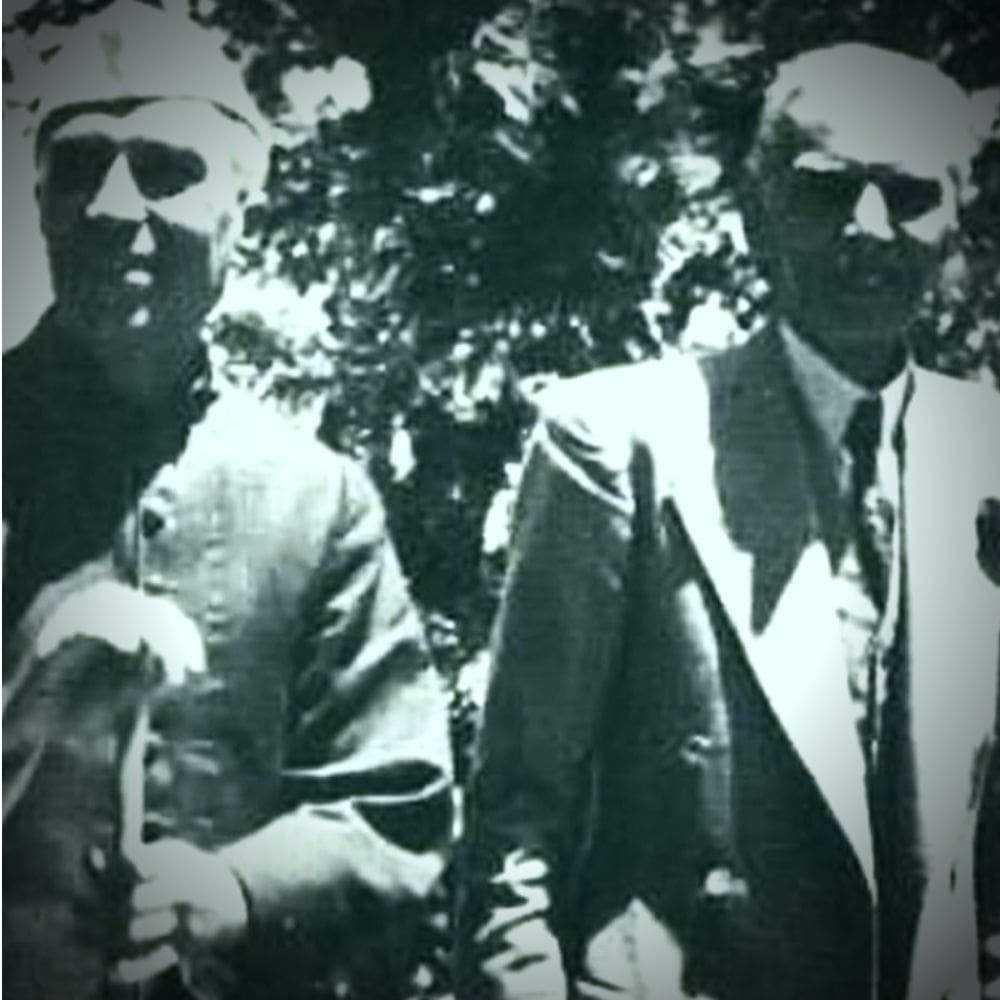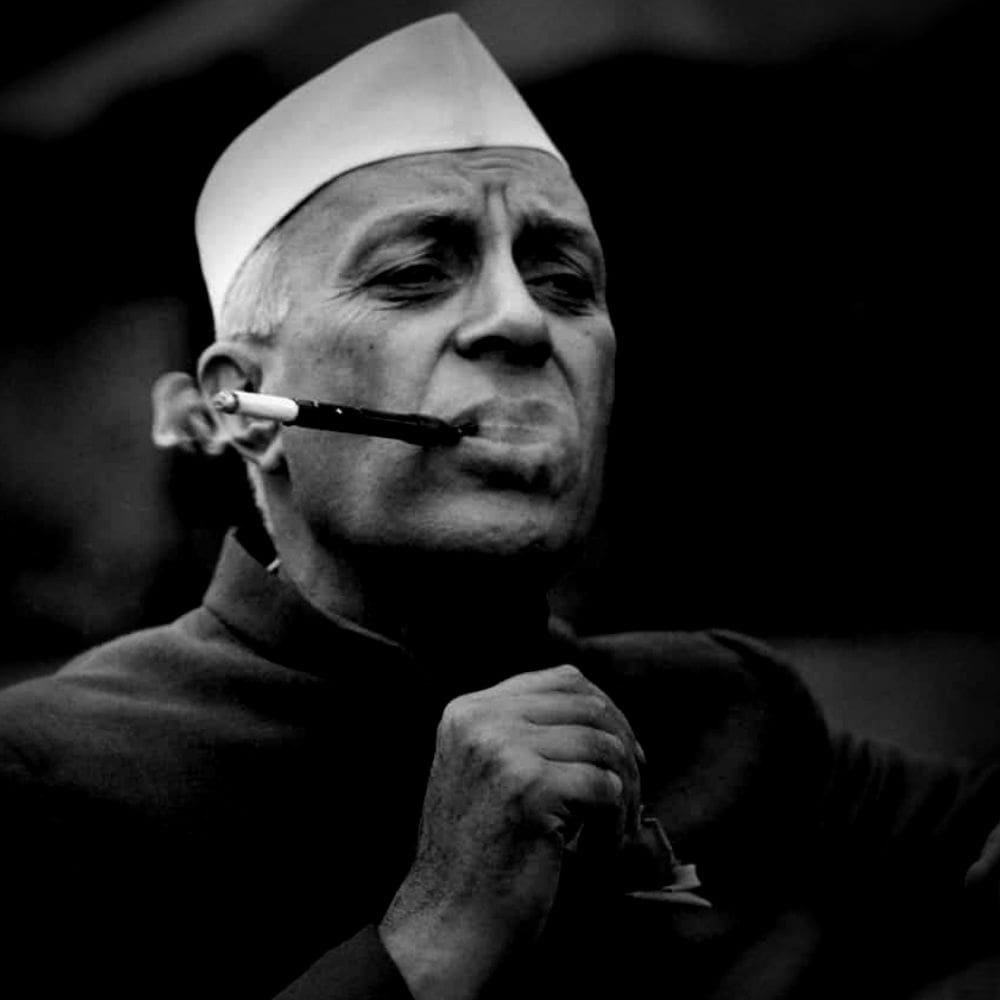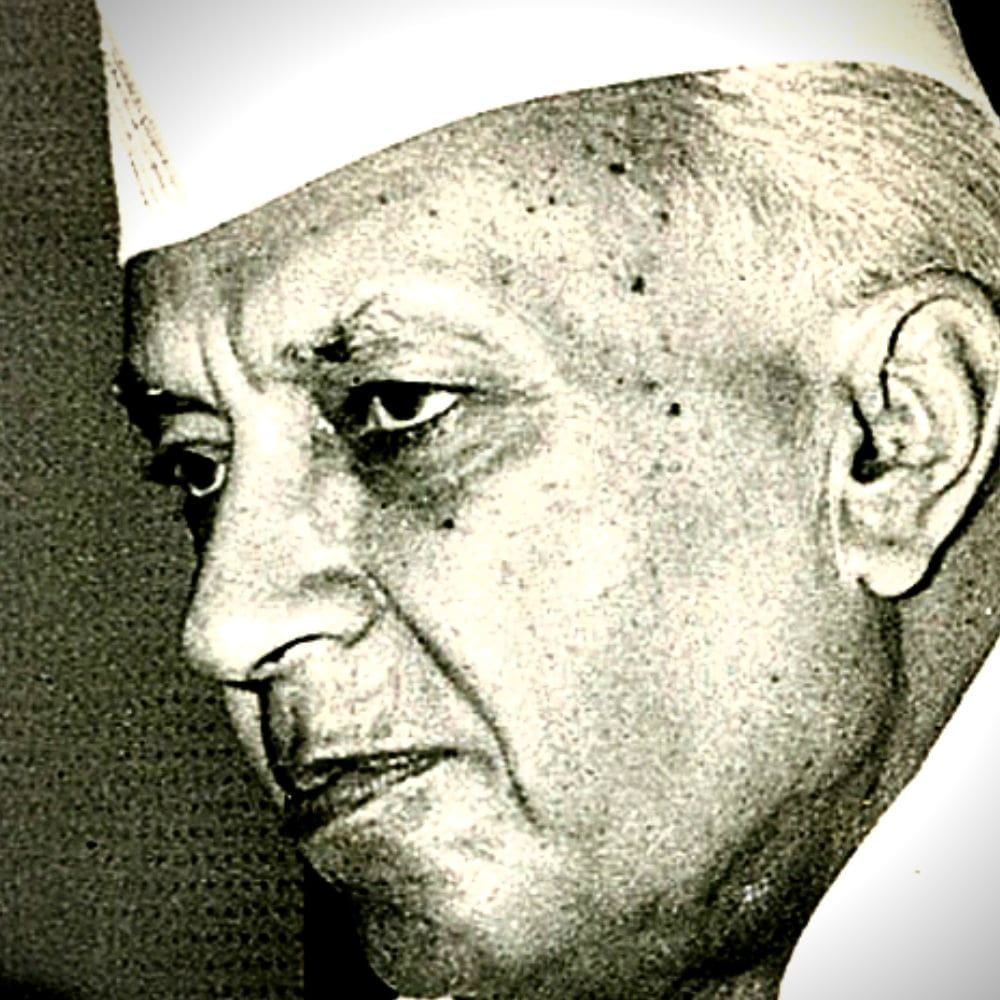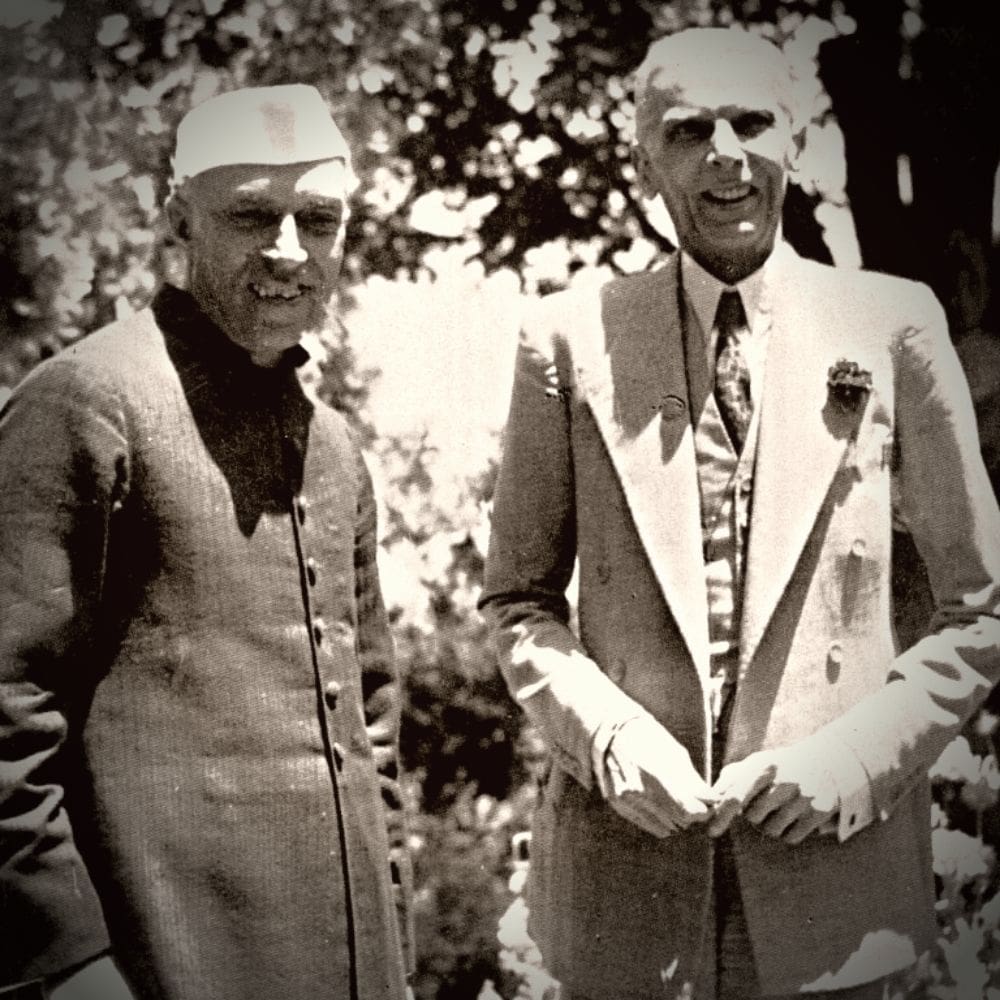LEG-UP TO JINNAH & THE MUSLIM LEAGUE (AIML)
Resignation of the Congress ministries in 1939 (Blunder#3 above), thanks to Nehru & Co, was welcomed both by Jinnah and the British authorities. Jinnah couldn’t help calling it the ‘Himalayan Blunder ’ of the Congress, and was determined to take full advantage of it. Jinnah and the Muslim League went to the extent of calling upon all Muslims to celebrate 22 December 1939 as the “Deliverance Day ”—deliverance from the “misrule” of the Congress. Thanks to Nehru’s blunder, the stars of the Muslim League began to rise. 1939-onwards Muslim League was on the ascendency, even as the clout of the Congress eclipsed.
The worst effect of the resignations was on NWFP. This overwhelmingly Muslim province (95%) was ruled in conjunction with the Congress by the Khan brothers. It was a show-piece for the Congress, and a negation of all that Jinnah and the Muslim League stood for—majority Muslim province under the Congress. Resignation by the ruling Congress-Khan brothers was god-sent for Jinnah and the British. Both quickly manipulated to install a Muslim League government, and make popular the divisive agenda. In the Pakistan that the British had planned inclusion of NWFP was a must, and that was only possible if the Congress and the Khan-brothers were dislodged. Linlithgow did all he could to install a Muslim League government in NWFP, including meeting Jinnah personally, and instructing the then Punjab Governor Sir George Cunningham to render all necessary assistance to Jinnah. Viceroy Linlithgow had been playing a dangerous and irresponsible divisive game in India’s North-West, particularly in Punjab and NWFP that ultimately led to the Partition carnage.
It is worth noting that Nehru and the Congress were unnecessarily too obsessed with the Centre and the Central legislature, where Jinnah was able to play a wrecker. Had the Congress continued in its ministries, and had it played its cards well in the provinces in the Muslim-majority areas, they could have derailed Jinnah. The Unionist Party headed by Sikandar Hyat Khan that ruled Punjab was a Muslim-Hindu-Sikh coalition. The Krishak Proja Party headed by Fazlul Huq, a nationalist Muslim, dominated Bengal. Ghulam Hussain Hidayatullah had formed a Hindu-Muslim coalition in Sind, independent of the Muslim League. If the Congress had intelligently coordinated its efforts with these parties, it could have side lined Jinnah. But, what to speak of doing that ground work and strengthening its ties with the non-Muslim-League Muslim parties, the Congress itself chose to get irrelevant.
Congress opposition to the British declaration of World War-II on behalf of India, its non-cooperation with the British in that regard, and the unconditional, whole-hearted support extended to the British by Jinnah and the Muslim League ensured the rise of the Muslim League and the gradual eclipse of the Congress, so much so that thereafter it were the British, Jinnah and the Muslim League who dictated the terms of Independence, Partition and Pakistan. Wrote VP Menon in ‘The Transfer of Power in India’ on the Indian National Congress (INC):
“Had it not resigned from the position of vantage in the Provinces the course of Indian history might have been different… By resigning, it showed a lamentable lack of foresight and political wisdom. There was little chance of its being put out of office; the British Government would surely have hesitated to incur the odium of dismissing ministries which had the overwhelming support of the people. Nor could it have resisted an unanimous demand for a change at the Centre, a demand which would have been all the more irresistible after the entry of Japan into the war. In any case, it is clear that, but for the resignation of the Congress, Jinnah
and the Muslim League would never have attained the position they did…”





